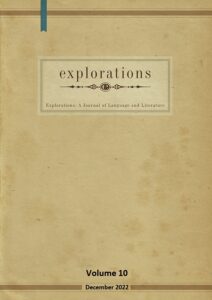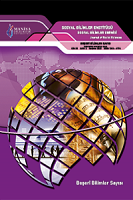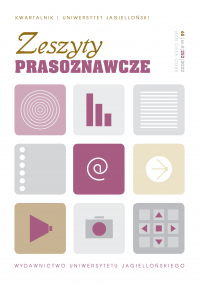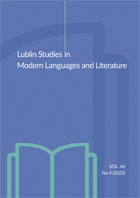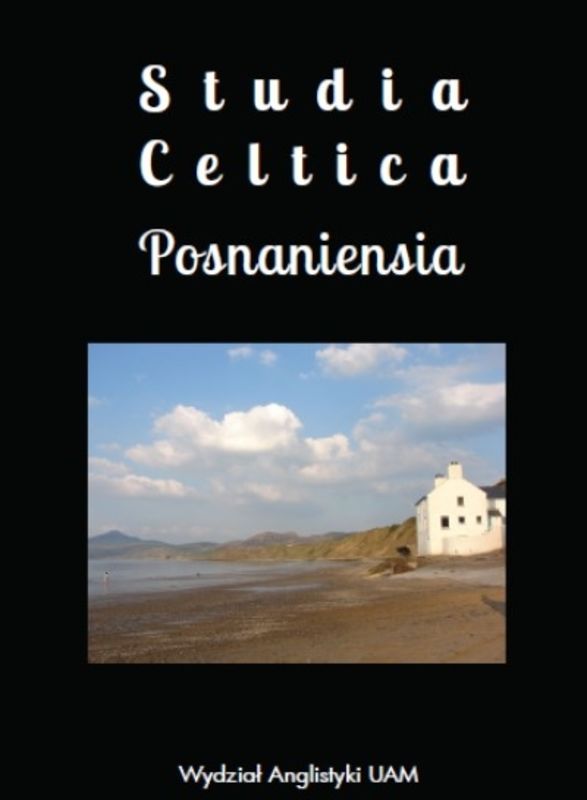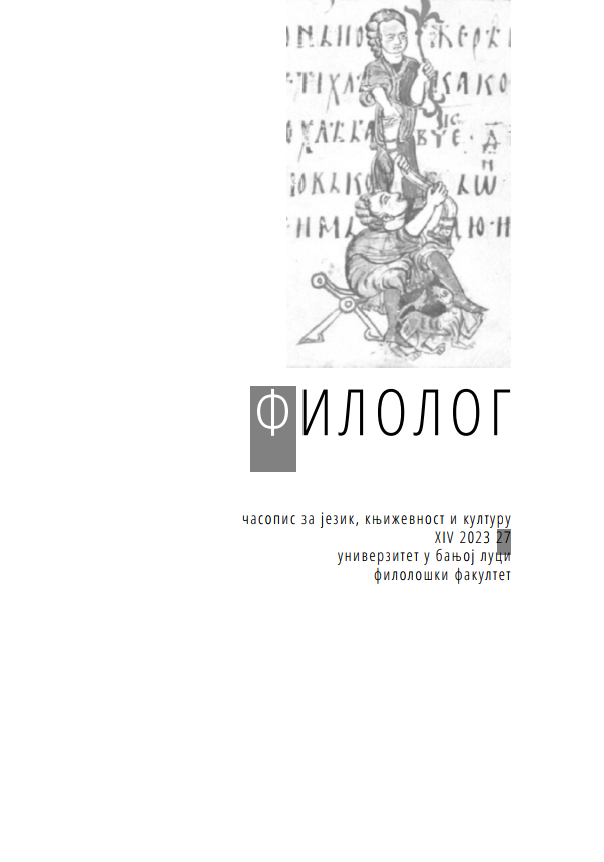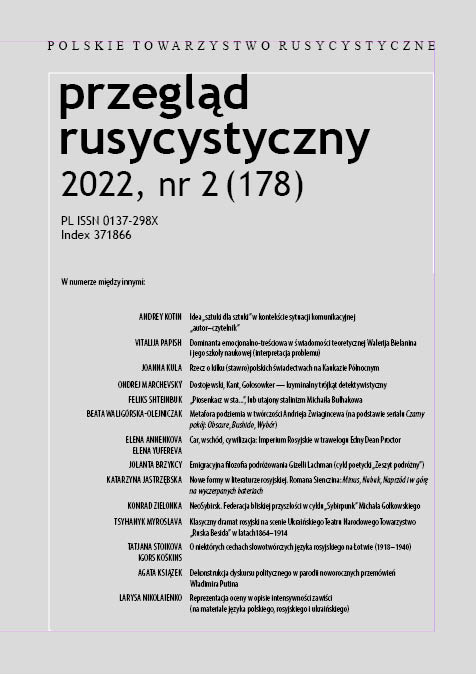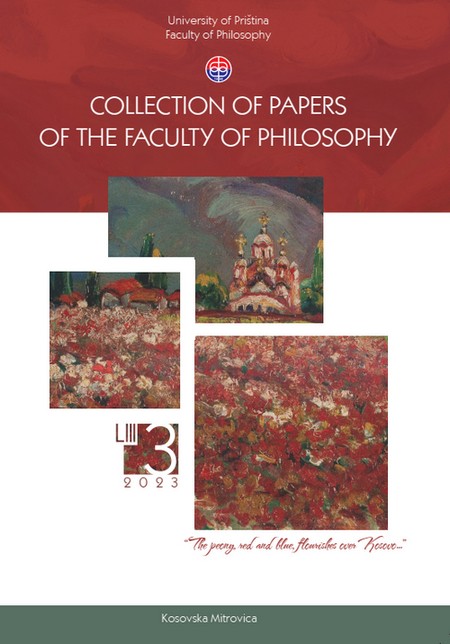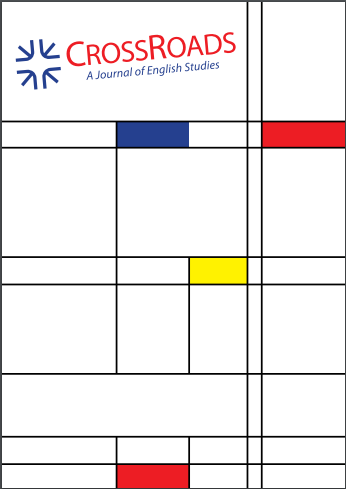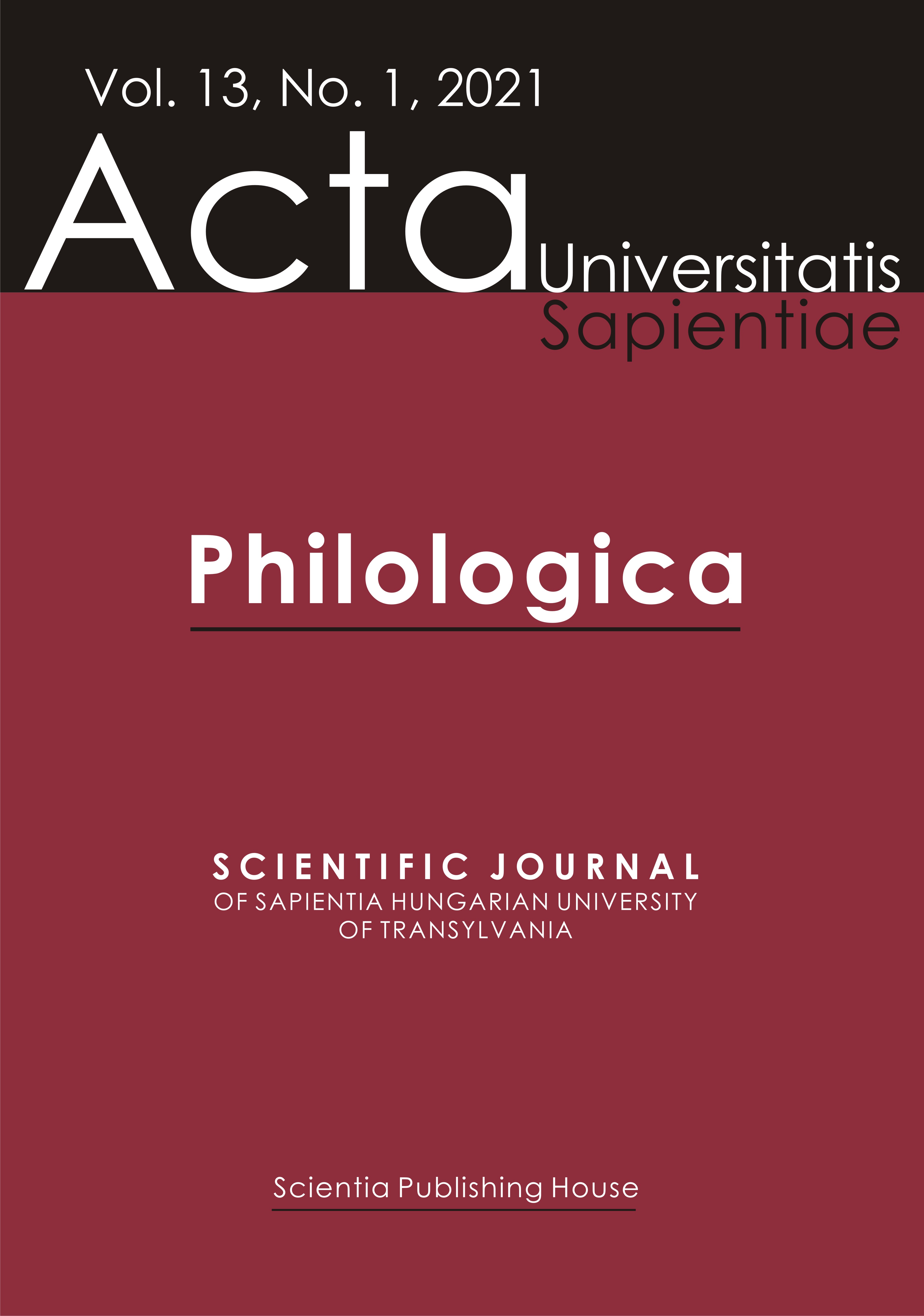
In Dystopian Retrospect of a Crisis Mood: My Life as a Spy by Katherine Verdery
My essay bears a deliberately oxymoronic title as it offers, on the one hand, a reminiscence of 1984, as a most depressing year in the actual history of Romania and likewise in my own earliest career memories. On the other hand, it proposes a contemplation of George Orwell’s British postmodern dystopia Nineteen Eighty-Four (1949). Last but not least, it presents certain 1984 aspects as rendered by the following exceptional book, a great challenge for any scholar of my homeland and my generation: My Life as a Spy: Investigations in a Secret Police File (2018). Distinguished Professor Katherine Verdery, its author, a contemporary American scholar, belongs now also to our Romanian academic elite. Yet this book testifies to her darkest experience in our country, just before the Iron Curtain fell down. Although the parallel between these two books may seem risky at first sight, they share much more than meets the eye; and my claim endeavors to go beyond this visible pretext of the new COVID-19 pandemic, another crisis which has intruded upon all our lives – just like a spy.
More...

